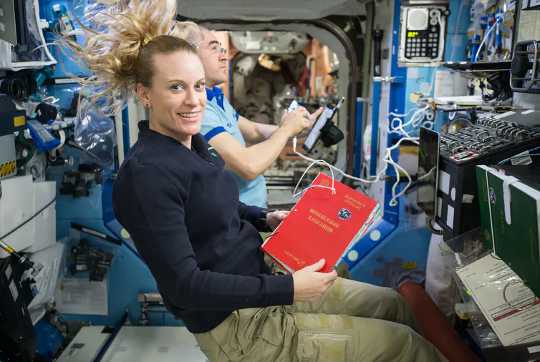
Common poor desk posture is actually very similar to the posture astronauts adopt during spaceflight in zero-gravity. Usually this is a forward leaning posture with a forward head position and the loss of normal spinal curves. Being in space also has similar effects to staying in bed all day.
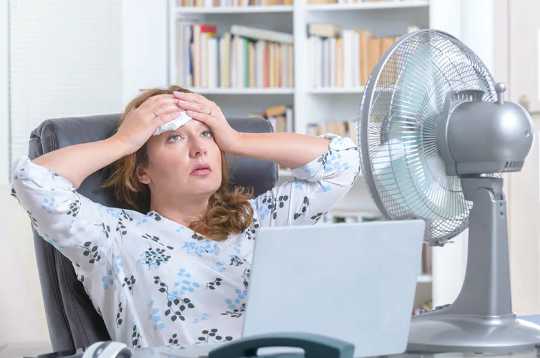
Heatwaves undoubtedly bring a certain joy at the opportunity to be out in the sunshine. But as the planet heats and weather records tumble, increasingly normal bouts of baking heat aren’t all sun and games.

During the COVID-19 pandemic we’re constantly being reminded to practise good hygiene by frequently washing our hands and regularly cleaning the spaces where we live and work.

How does walking through a forest make you feel? Peaceful? Blissful? Reflective? For many people, lockdown brought a new appreciation of nature and what it means for our well-being.
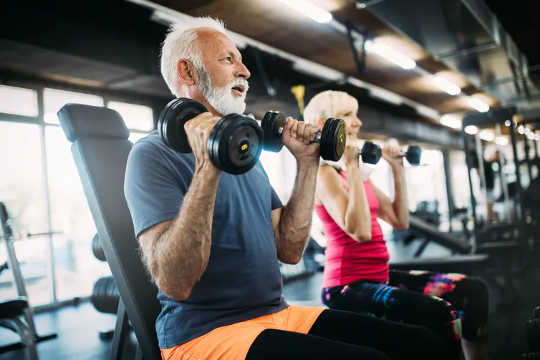
It’s a common assumption that exercise in older people is difficult and dangerous, so it’s perhaps best avoided.
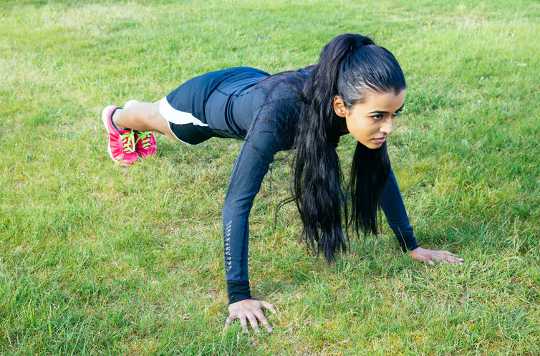
There’s no doubt that the pandemic has been difficult for people in different ways. But for a lot of people what has kept them going has been their daily exercise.
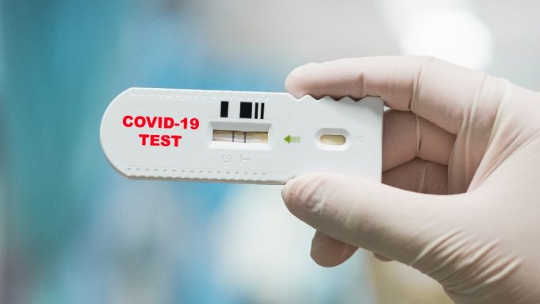
A cornerstone of containing the COVID-19 pandemic is widespread testing to identify cases and prevent new outbreaks emerging. This strategy is known as “test, trace and isolate”.

Face coverings, such as cloth masks, are mandatory for all Victorians and are being recommended for public use in some other parts of the country.
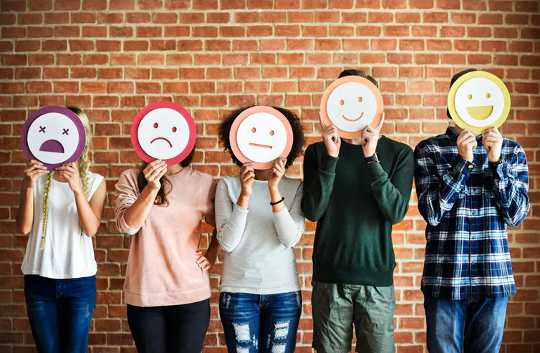
Eating disorders have the highest mortality rates of any mental illness. They don’t discriminate, affecting people of all ethnicities, sexualities, gender identities, ages and backgrounds.

Do certain smells make you feel uncomfortable, even nauseous? Or is your nose so good that you can detect even the subtlest aromas in your favourite wine?

With cases of COVID-19 on the rise, many are asking: what happens if I test positive? With no known cure and no vaccine, what are my treatment options?

We’re part of an international research team, led by Dominique Grandjean at France’s National Veterinary School of Alfort, that has been training detector dogs to sniff out traces of the novel coronavirus (SARS-CoV-2) since March.

Whether it’s a summer barbecue with friends, your favourite fast food takeaway, or Christmas dinner, we can probably all recall times when we’ve eaten more food in one sitting than we needed to.
- By Yale
 The number of adults in the United States who suffer from major depressive episodes at some point in their life is far higher than previously believed, according to a new study.
The number of adults in the United States who suffer from major depressive episodes at some point in their life is far higher than previously believed, according to a new study.
Six months ago, you may not have thought much about where your groceries were produced. But chances are you’re thinking about it now.
- By Pat Harriman

The pandemic may raise widespread awareness of the production, processing, and distribution of food to new heights.
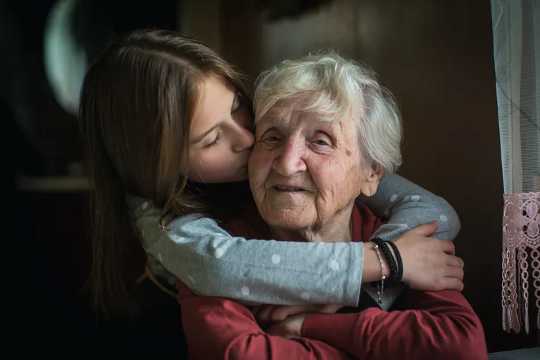
Oxytocin is often called “the love hormone” because of its role in social bonding, reproduction and childbirth. This hormone may also affect our memory – though in ways that aren’t completely clear.

As millions of people are recovering from COVID-19, an unanswered question is the extent to which the virus can “hide out” in seemingly recovered individuals.

The simple formula is widely used to classify whether our weight falls within a “healthy” range for our height. BMI provides an estimate of a person’s overall disease risk, and is used around the world to measure obesity.
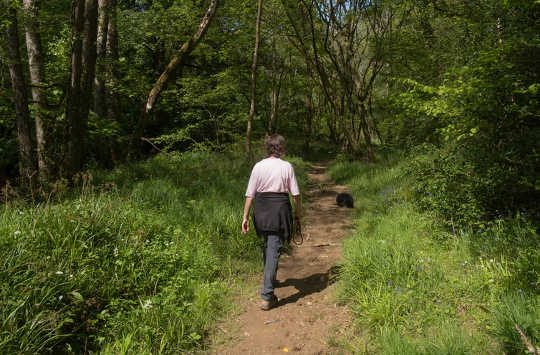
Has your doctor recommended you go for regular jogs in the park, countryside walks, community food growing sessions, or some other nature-based activity?

We are asked almost daily about children and COVID-19: Do they get COVID-19? Should they attend day care or school, play sports, see friends and attend summer camps? What are the risks to themselves and to others?
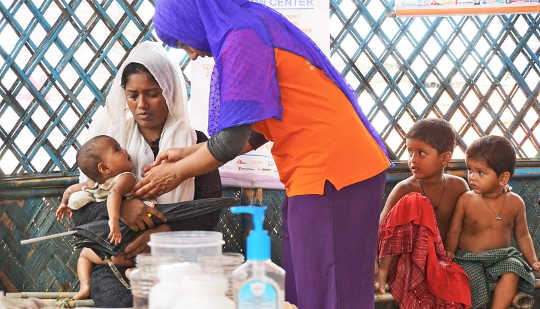 Malnutrition can lead to stunted growth. A new study of children in Bangladesh implicates 14 types of bacteria in the small intestine.
Malnutrition can lead to stunted growth. A new study of children in Bangladesh implicates 14 types of bacteria in the small intestine.
- By Zoë McLaren

For many people in the U.S., getting tested for COVID-19 is a struggle. In Arizona, testing sites have seen lines of hundreds of cars stretching over a mile. In Texas and Florida, some people were waiting for five hours for free testing.
















